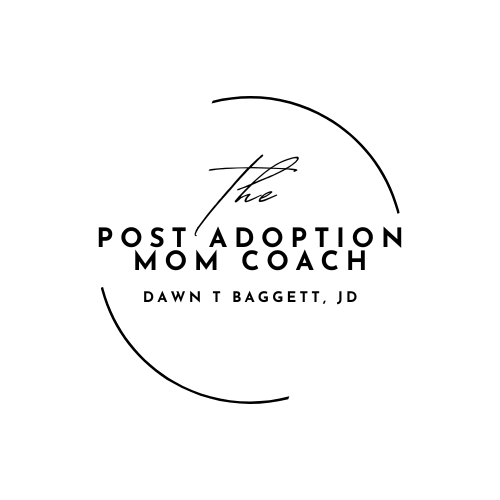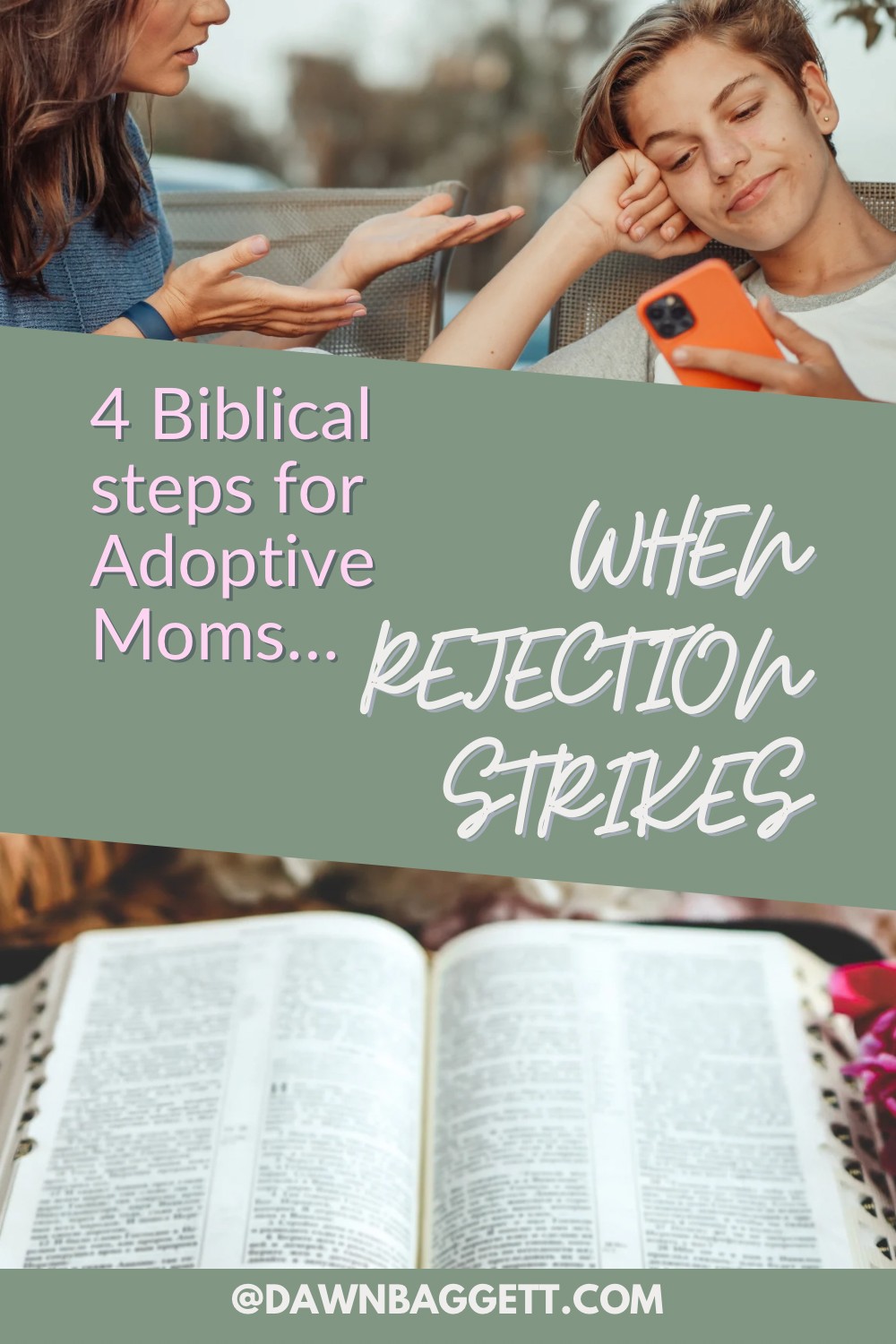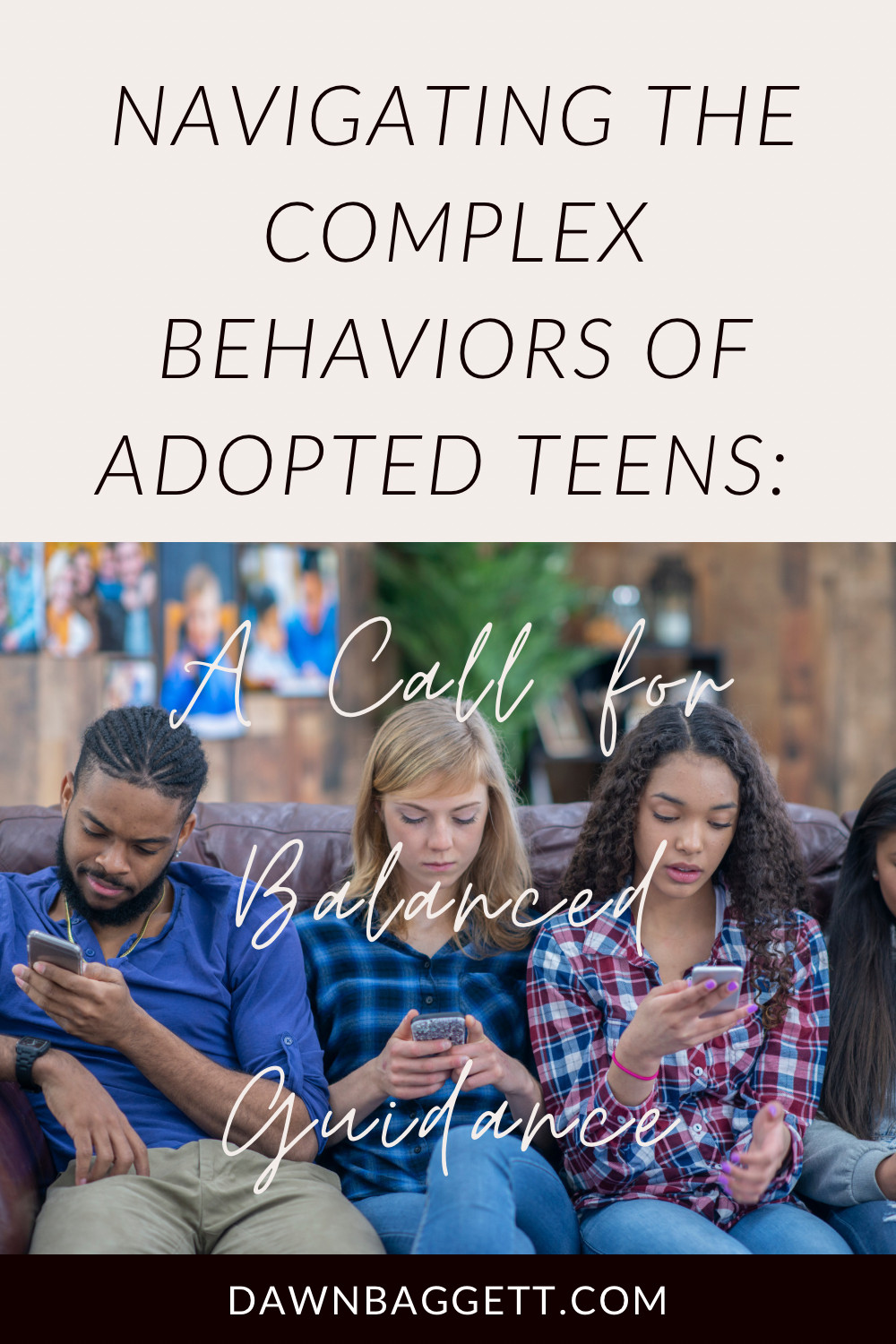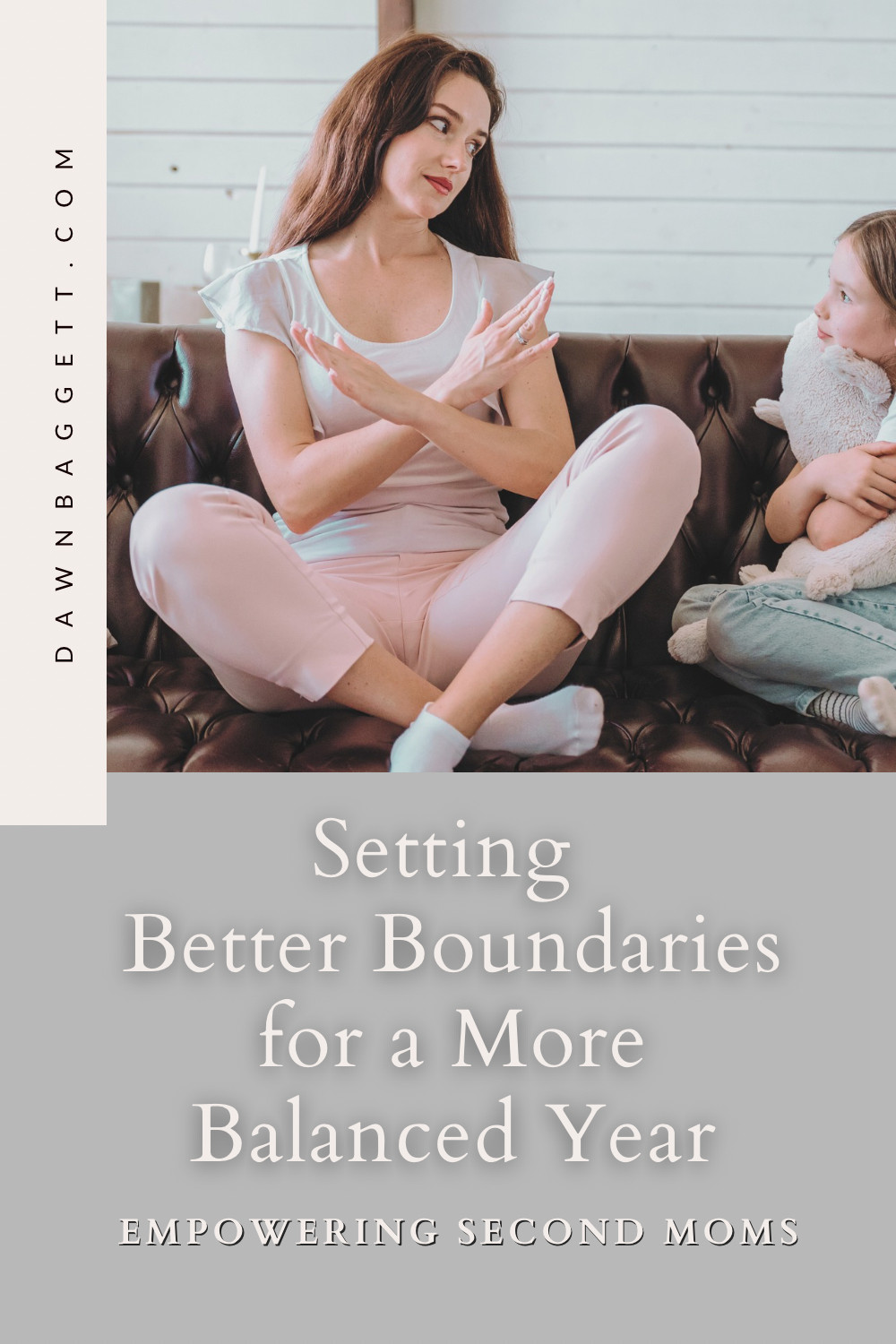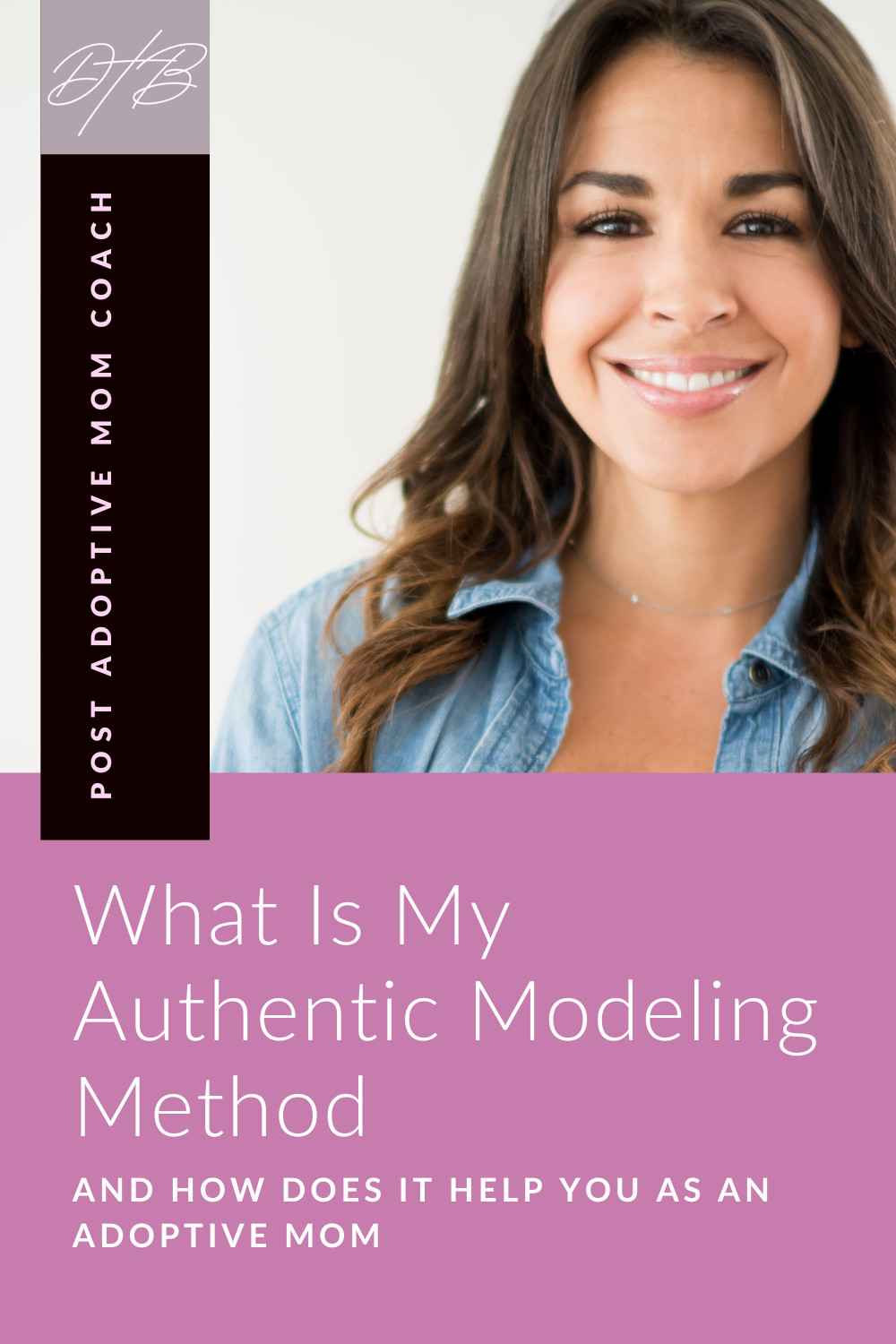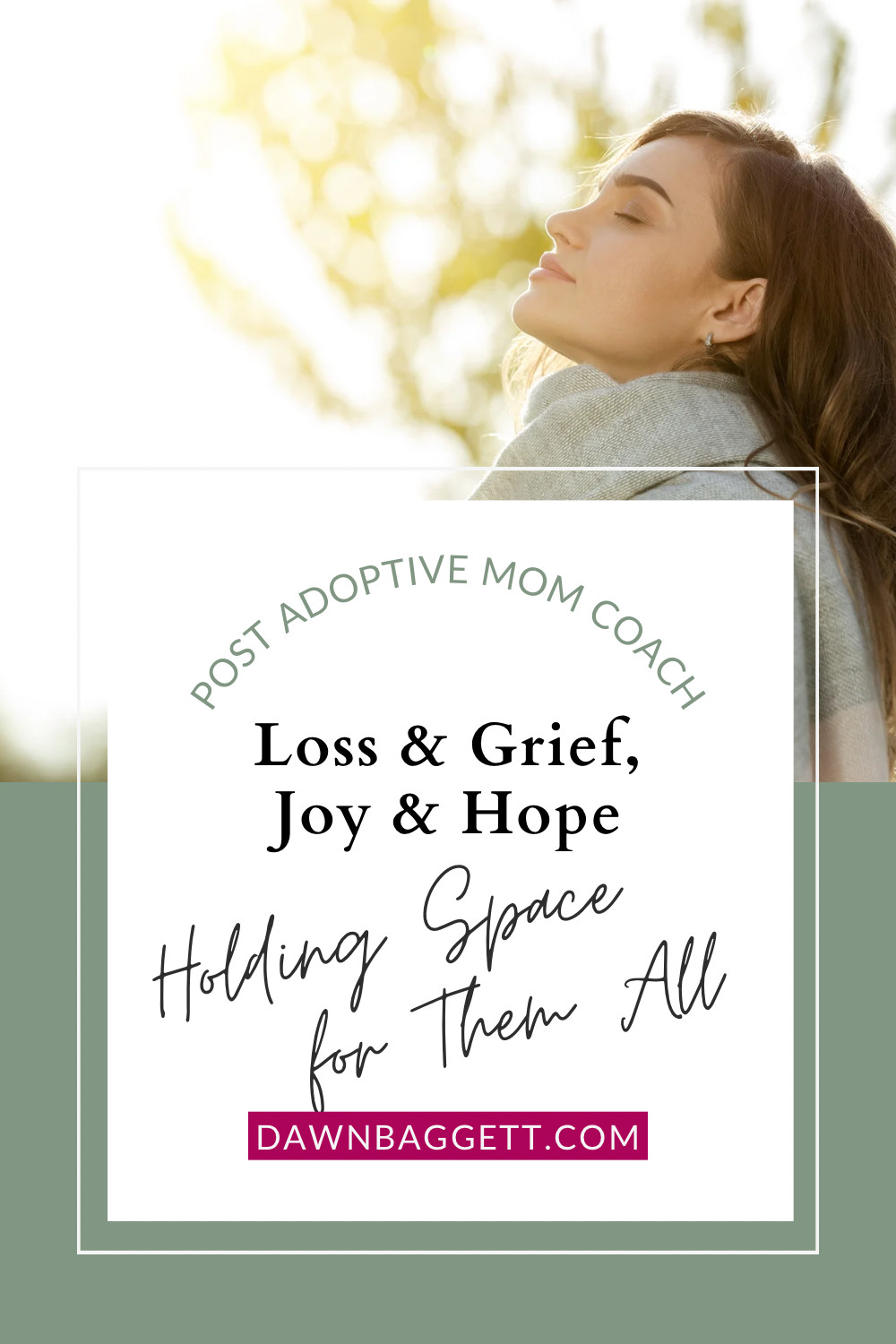
Natural Drive for Autonomy in Overdrive
The Drive to Develop Personal Autonomy in Adoptive Families is Natural…
Personal autonomy in a nutshell is the sense of self-governance and the freedom to make your own choices.
And in making our own choices we are able to practice the exercise of self-control.
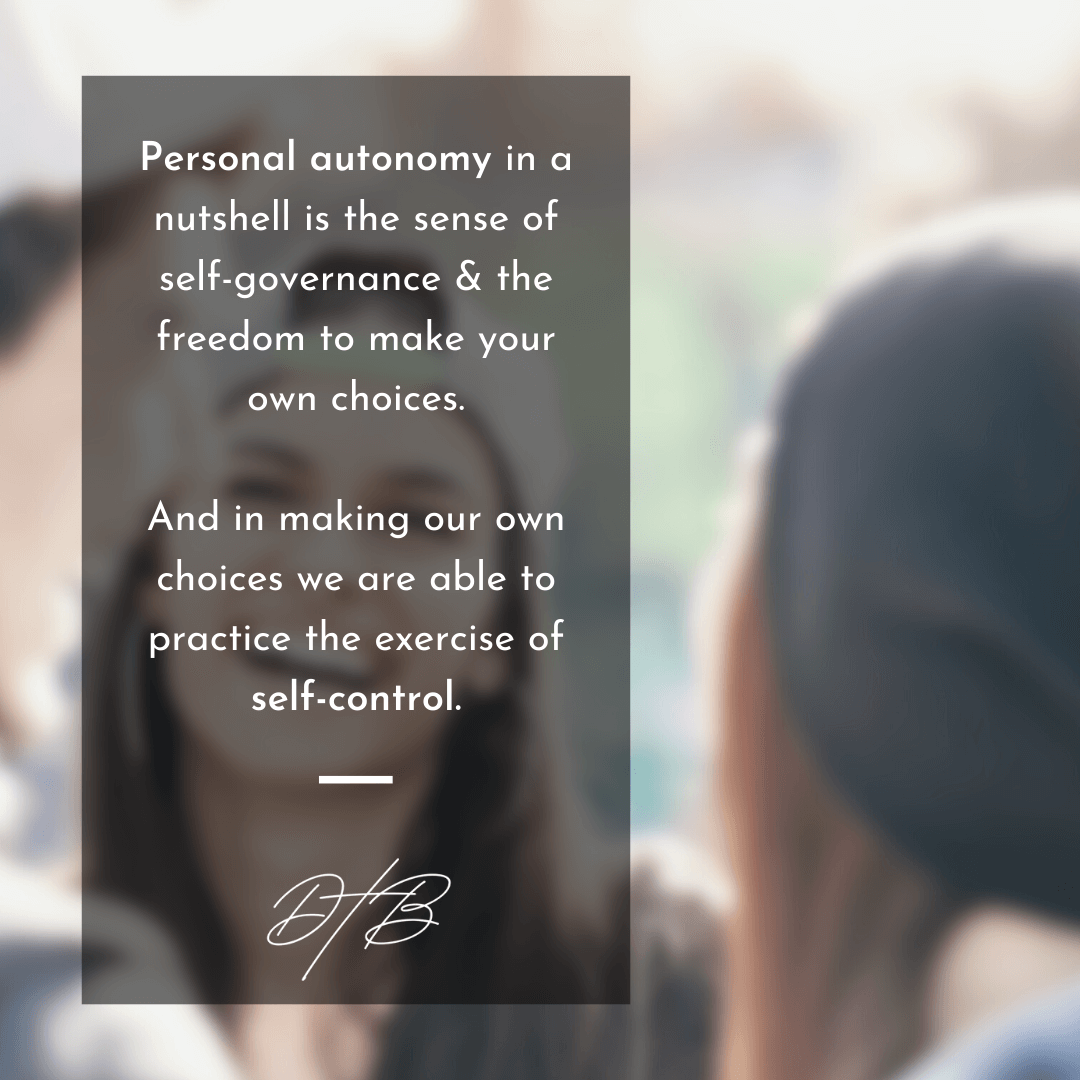
As Christians we know the Bible teaches us that self-control comes from God’s Holy Spirit and is listed in Galatians as a fruit of the Spirit.
But the fruit of the Spirit is love, joy, peace, patience, kindness, goodness, faithfulness, gentleness, self-control; against such things there is no law.
In our lives, there are two big push times in which a child growing up has an innate instinct to push for their own autonomy. These two times are number one toddlerhood and number two adolescence. There are serious consequences that can happen when autonomy is not gained at these appropriate times and is either too little or too much.
Research says that increasing autonomy without adult guidance is harmful to adolescent development. And of course I think we can all agree that it would be harmful at the toddler stage as well. Who hasn’t left a toddler, two-year-old or three-year-old alone in a room for maybe five minutes and come back to find that they have completely destroyed the room.
Over-controlling to avoid risky decision-making can push our teens into further and riskier behaviors in their determination and search for even more autonomy.
Critical Counterbalance
A balance is needed between the drive for autonomy and appropriate adult guidance. That is the counterbalance to absolute autonomy.
This balancing effect stems from a close, emotional relationship between the adult parent and the teen involved.
However, with attachment disorders and other complicating issues that many of the children in our complex families have, this balance can be elusive and much more tricky than it would otherwise be in a family that is not dealing with all of these complications.
Many children have had both, too much autonomy, (without the counterbalance of adult guidance & supervision), as well as two little autonomy, (little or no choice about what would happen to them or about getting their needs met before coming into our families). And the level of autonomy they’ve had (or not had) has not been age appropriate.
A Personal Example
One of my adopted children for example, has spoken of being very young hanging out all day, oftentimes with an older cousin and his friends, without adult supervision…wistfully reveling in the “freedom” — while as an adult I cringed at the negligence my child endured (and thanks to God survived)! Yet she didn't recognize it as negligence.
Benefits of Age-appropriate Autonomy
Benefits of age-appropriate autonomy counter-balanced with adult guidance at the appropriate time include things like
- understanding that their choices have outcomes (cause and effect)
- More developed sense of self.
- Improved self-confidence.
- Command over their own minds and bodies.
- Self motivation.
- And much more.
As adult parents, we may not feel threatened by a three-year-old discovering and exercising their autonomy, (annoyed yes) but with a bigger, more powerful teen doing the same thing we may.
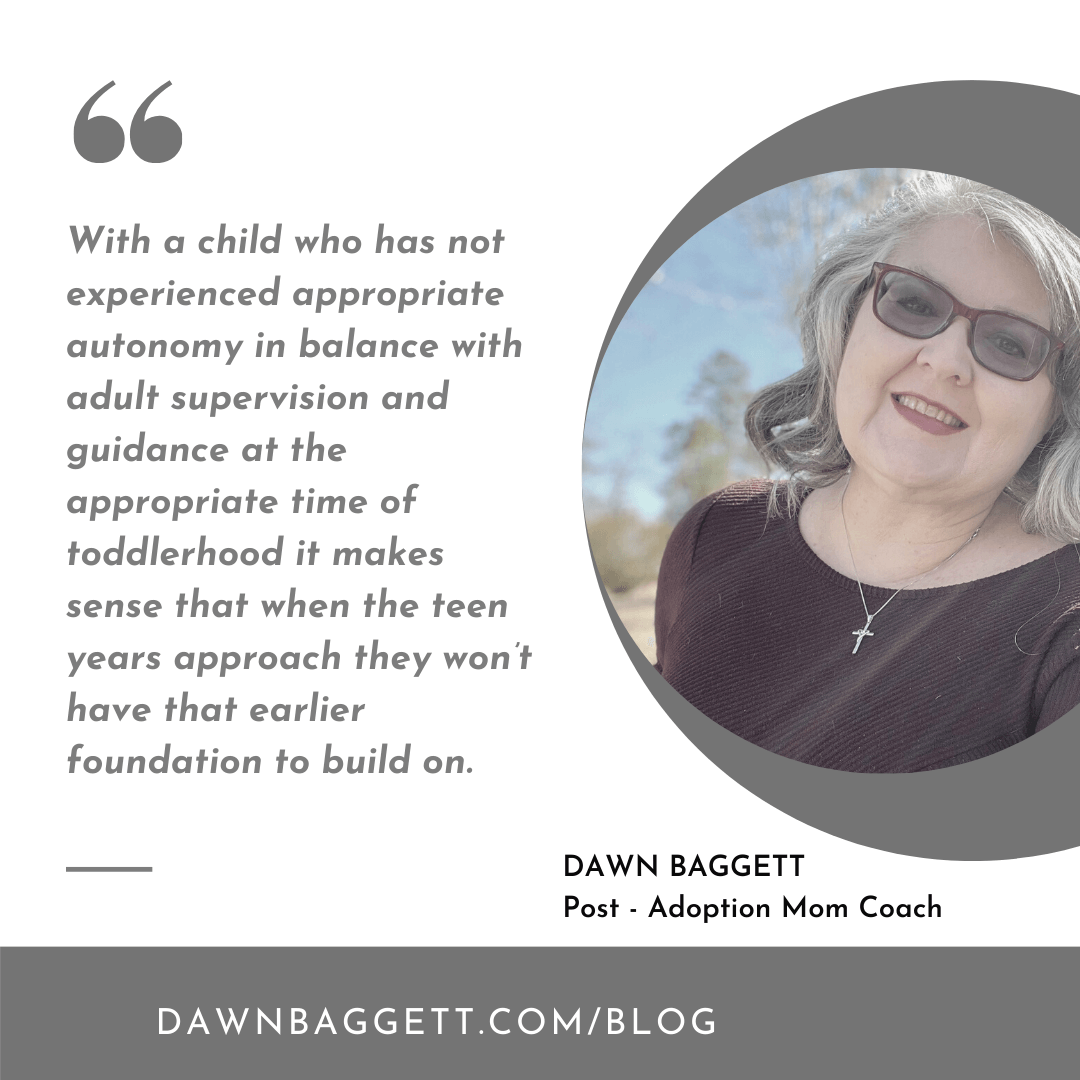 With a child who has not experienced appropriate autonomy in balance with adult supervision and guidance at the appropriate time of toddlerhood it makes sense that when the teen years approach they won’t have that earlier foundation to build on.
With a child who has not experienced appropriate autonomy in balance with adult supervision and guidance at the appropriate time of toddlerhood it makes sense that when the teen years approach they won’t have that earlier foundation to build on.This is often the time at around 11,12, 13 and 14 years old that I have found in my own family (and in many others) that challenging behaviors tend to escalate and may get to the point of crisis level, when mom or the dad (or both) feels the need to control and restrict their teenager’s actions due to real risks and fears over the dangers to themselves, to the family, to the home, to others… And it follows that the teen’s drive for this autonomy goes into even higher gears during this natural and cultural period of breaking away and becoming more independent of parents.
This is when support systems often fail.
This is when family systems crack.
This is when you might find yourself in what I call the gap.
This is where I come in.
As a post adoption coach, it’s my goal to stand in the gap for second moms, particularly Christian women who are moms in nontraditional adoptive mom roles in challenging, complex families. I choose to do that through coaching, speaking & creating supportive content like this. I hope this has encouraged or blessed you in some way…
And as always,
keep learning, keep growing & keep loving.
💜
Dawn
______________________________________________________

Post Adoption (Mom) Coach
“STANDING IN THE GAP FOR SECOND MOMS in Adoptive & Blended Families
As a Certified LifeMapping(R) Coach, Dawn helps Christian adoptive moms navigate the challenges of their non-traditional families with their own brand of (faith fueled) success!
DISCLAIMER: I’m a coach, not a doctor nor a therapist. As a coach I do not offer mental or medical health diagnosis, treatment or cures. Furthermore, I am no longer a practicing attorney and do not offer individual legal advice. For individual advice related to your own personal situation I recommend you seek out an appropriate professional. Coaching may fill a spot in your overall support network.
—
Copyright © 2025 Dawn T. Baggett, JD - All rights reserved
—
